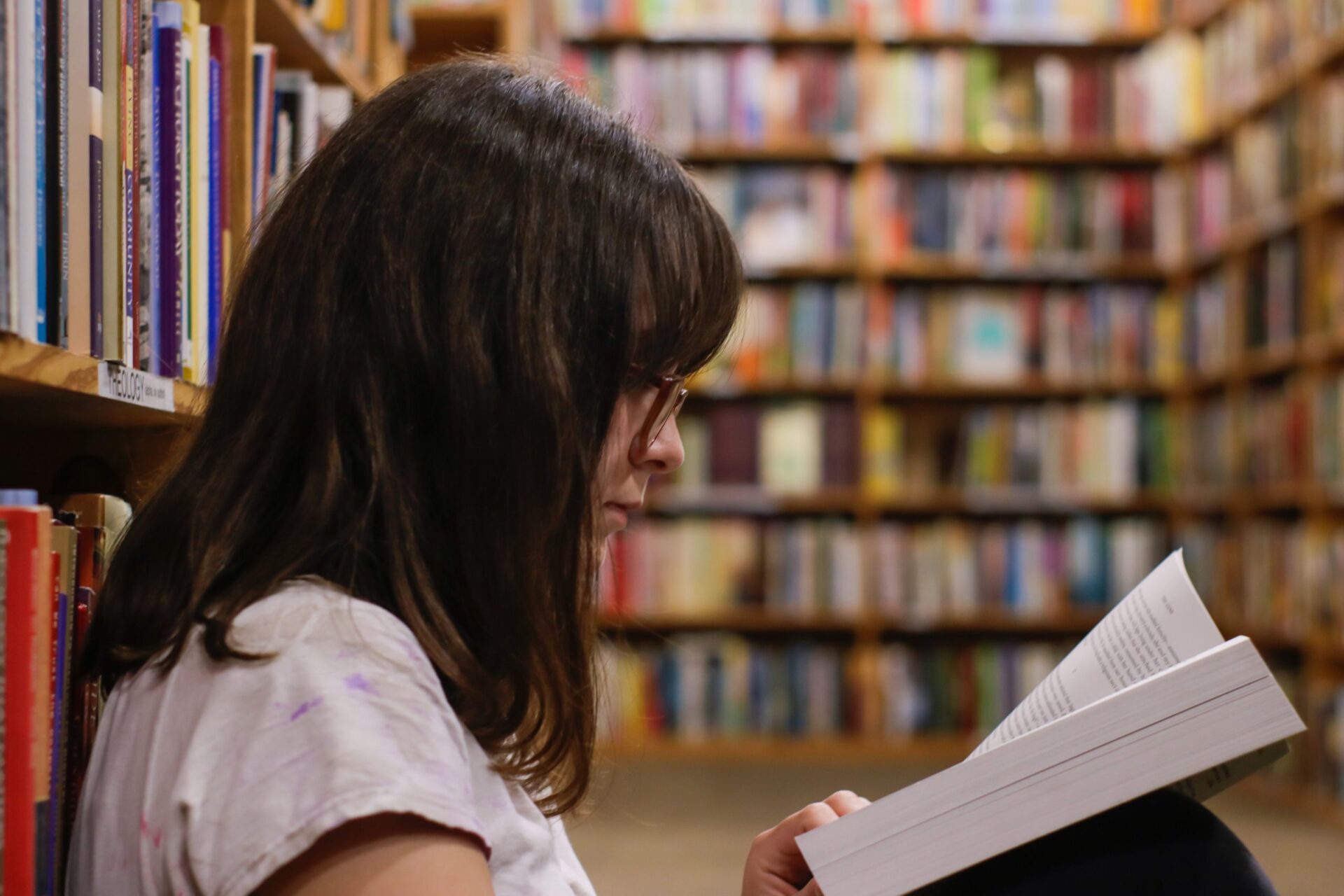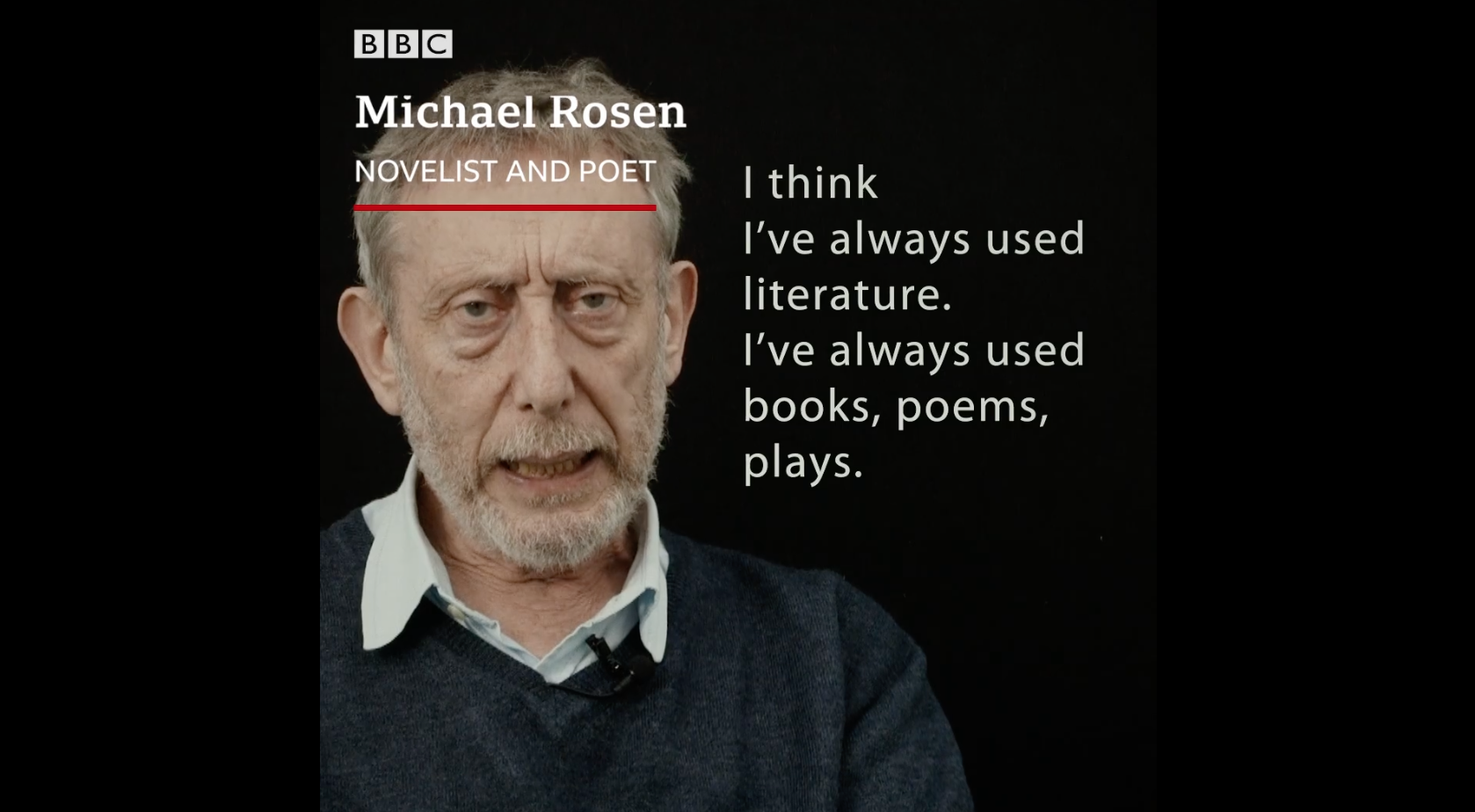
I couldn’t face a walk around the same place this evening, and it was too hot for anything strenuous, so we got in the car, enjoyed the air conditioning and got out at someone else’s lockdown haunt. How refreshing!
I knew the first three people I saw at this different park and dived into a conversation with women I hadn’t seen face-to-face for five months. Then I rejoined my family with a spring in my step and a grin on my face. My husband said how nice it was to see me laughing so much.
How refreshing it was to see different faces by going a couple of towns along.

I wonder what enlivens you in this strange season as we take steps to come out of lockdown. Here are two reasons why I enjoyed tonight’s walk. Can you relate?
1) Shared experiences: We could all laugh and contribute to the embarrassing toddler potty, and toilet stories from recent (or in my case, less recent) family walks. Everyone had a point of reference, an ‘I’ve been there’ attitude, and we each had a shared ‘mum perspective’.
2) Different sensations: Widening our horizons and gazing at different muddy paths, there was excitement as to whether we’d taken the correct route, and whether I would get slugs in my open-toed sandals (thankfully not). There was a sense of adventure.
My two reasons for enjoying this brief experience are echoed in a powerful video clip featuring Michael Rosen, the novelist and poet. Rosen discusses not the transformative power of running into friends on a different walk, but the transformative power of reading. He shares how poems and literature help him think. When his son died, Michael Rosen was afraid to read, in case all his emotions overflowed. But he goes on to explain that a poem unlocked something he could identify with.
If you want to watch the three-minute clip, click the picture or the link below:
http://https://www.youtube.com/watch?v=Lr1JZdVP5A0
‘When you read, or you go to plays, it becomes a kind of library or a repertoire theatre and it isn’t really a set of facts, it’s more like awarenesses or consciousnesses and then you encounter something and sometimes it can feel familiar because it’s in your repertoire, you sort of know about it. You think you’ve been there before and in a way, you have. The great thing about reading is that it turns human experience into a kind of object that you can look at and turn over so its sort of a way of making life a spectator sport… you are held or contained (by the drama or the pain of what’s going on). But then it didn’t happen to you so the pain doesn’t go on. You are in some way or another relieved because you’ve been held by it.’
(Michael Rosen, BBC Culture 3rd Aug 2020)
He goes on to explain how, by reading, you are held by the emotions and the tensions of the plot, then your are relieved as the story ends.
I’ve had this video clip going round in my head for the last week, so it’s probably a case of me shoe-horning tonight’s experience into Michael Rosen’s much more lofty thoughts, but I think my two reasons for loving my unexpectedly lovely walk link with Michael Rosen’s reasons for loving reading. He talks about widening our horizons and living out different human experiences, so that those emotions and experiences, when we go through them ourselves, are familiar, as if we’ve been there before.

I’m sure you’ve experienced some powerful emotional connection with the characters and plot in some of the books you may have read over these past few months. As the schools keep tweeting ‘Reading gives us someplace to go when we have to stay where we are’ (Mason Cooley). Unfortunately, most computer games seem to do the same thing in an arguably more vivid way and with much less effort! (Maybe if Mason Cooley were still around and playing Fortnite with his grandkids, he would have made some different pithy observations.)
Anyway, the point I’m leading to is this: we have the greatest book of all time on our bookshelves and in a tiny app. Have you discovered a passage, character, or story you can ‘look at and turn over’? Do the ‘human experiences, drama and pain’ contain you while you are reading them? Do you, like a child of two or three, return to these stories, and become emotionally involved in them?

There are times when I have felt this kind of intense connection with a bible character. I’ve felt reassured by Jacob’s deception (Genesis 25) and God’s reforming of Jacob’s character as he learns the hard way what it is like to be deceived by his Uncle Laban. (Genesis 29). Over and over again, I’m reassured by Paul’s battle with his sinful nature. Those verses have become part of my repertoire of shared experiences. But tonight I’ve concluded that I haven’t invested in these stories enough.
In these days of limited human connection, I don’t always look to the right places. The short-term fixes I’m usually powered by (five-minute chats with friends, shared laughs over common experiences) are all lovely and show me that God designed me for face-to-face connection. But that kind of depth of awareness or consciousness that Michael Rosen experiences from his reading of literature… do I access those great depths through reading the Word of God? When I go through mistakes, or rejection, or disappointment in others, or joy, is that ‘in my repertoire’ from ‘living it’ with David, or Jonathan, or Jesus, or Mary? And if I couldn’t just run into friends and walk on a muddy path to heal my gloominess, is this book enough to uplift me and comfort me with shared experiences? Have I worked hard enough at understanding the context, so I know the jokes, the riddles, the imagery and the meanings?

I can’t look down on the kids for choosing the easy escapism option of computer games over reading when I often choose the soundbite option of pretty Instagram Bible verses instead of Bible reading. But I have been inspired by the ‘textual healing’ message of Michael Rosen in that video clip. I’ve experienced what Rosen claims: that ordinary authors write words capable of transformation and life. I’ve also experienced what we know to be true: The God-ordained (but ordinary) writers of the Bible have given us words capable of sparking a permanent transformation and everlasting life. Oh, and when I read the actual text, I remember these words are useful for so much more too:
All Scripture is God-breathed and is useful for teaching, rebuking, correcting and training in righteousness, so that the servant of God may be thoroughly equipped for every good work.
2 Timothy 3:16-17
In times of extended isolation, could you cope with being fueled purely by text on a page?
Happy reading!


